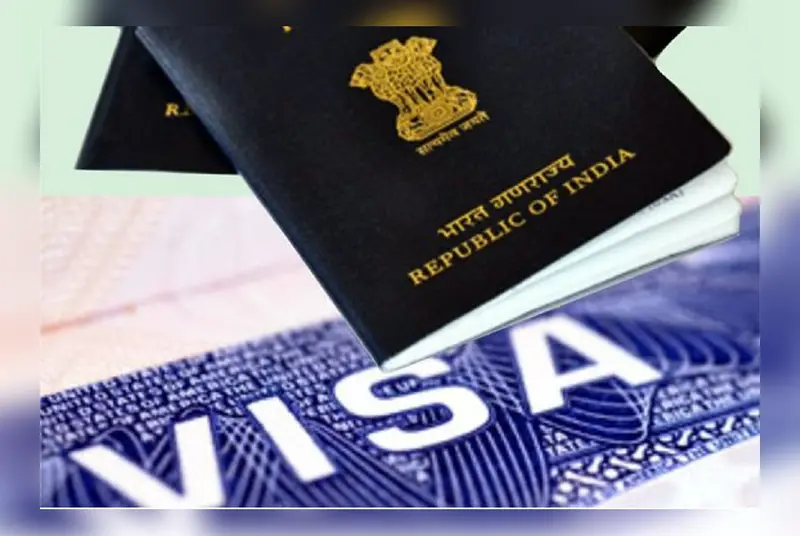The United States has eliminated the option for Indian nationals to fast-track non-immigrant visa (NIV) interviews at consulates abroad—a practice widely used during the COVID-19 backlog. Under the new rule, applicants must now schedule interviews strictly within their country of citizenship or legal residence, except in nations where the US does not run regular visa services.
This change effectively ends the workaround many Indians relied upon during pandemic-era delays, when waiting times at home stretched to nearly three years for B1 (business) and B2 (tourist) visas. By booking appointments in third countries—sometimes as far away as Germany or Brazil—Indian travelers were able to bypass massive queues. Travel agents say such “visa tourism” became common after 2021, with applicants flying to Bangkok, Singapore, Frankfurt, or even Rio de Janeiro for interviews.
Currently, wait times in India are still lengthy—3.5 months in Hyderabad and Mumbai, 4.5 months in Delhi, 5 months in Kolkata, and 9 months in Chennai, according to the US State Department.
The updated directive, effective immediately, signals a tougher posture on immigration and mobility under the Trump administration’s second term. The State Department now instructs all NIV applicants—including children under 14 and adults over 79—to undergo in-person interviews, with only limited exceptions for recent renewals of full-validity B1/B2 visas.
Applicants from countries without active US consular services remain an exception: for instance, Iranians may apply in Dubai, Afghans in Islamabad, and Russians in Astana or Warsaw.
Critical takeaway: While the US frames the policy as a standardization of procedures, its timing and scope will disproportionately impact Indian business and leisure travelers who often require last-minute travel to the US. It also suggests the administration is moving away from pandemic-era flexibility toward stricter enforcement, even as visa backlogs persist.



